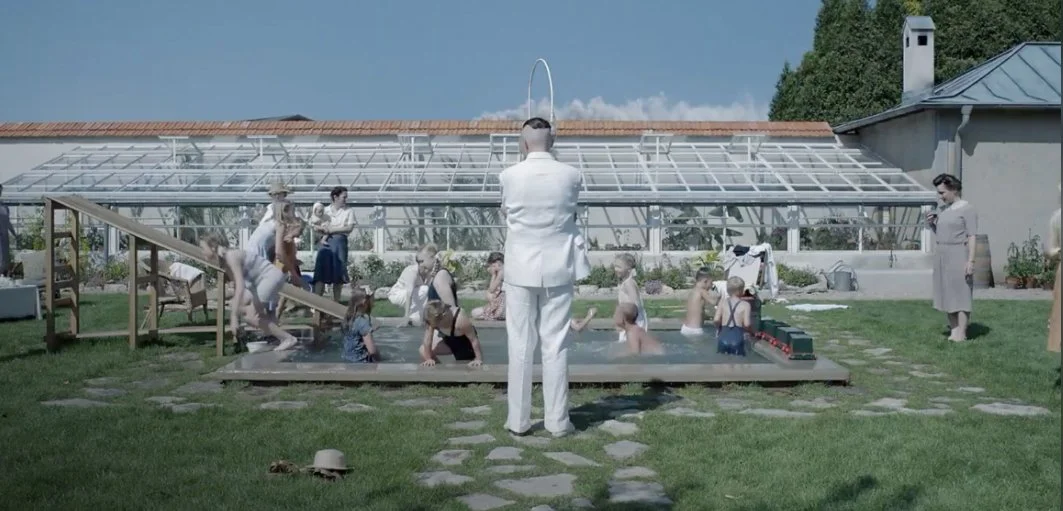The last prestigious critics group has announced its winners. The 44th London Critics’ Circle was topped by Jonathan Glazer’s “The Zone of Interest” which won the Film of the Year award, and Glazer was individually honored with Director of the Year as well.
This is only the third Best Film Prize this awards season for ‘Zone of Interest’ — the other two came from the L.A. and Toronto film critics groups. It is, however, Oscar-nominated for Best Picture. You can find the full list of London Critics’ Circle winners here.
‘Zone of Interest’ is a film that is more easily admired than liked. I can’t say it’s a film that I’d want to revisit in the immediate future. Anyone looking for the boldly inventive nature of “Under the Skin” will be out of luck, which is not to say that ‘Zone’ isn’t a worthy film — it definitely is.
The film takes place entirely in the Hoss family home — the backyard, the kitchen, the bedrooms. Since this is the family of Auschwitz commander Rudolf Hös, they also, quite incredibly, live right next door to a concentration camp.
If you’re looking for visionary daring then there is some of that in ‘Zone.’ However, much of the film is slow cinema; meticulously controlled filmmaking that shows the mundane lives of a Nazi family surrounded, and unaffected by the horrors around them, which cannot be seen and are only discerned by the film’s brilliant sound design.
The film is “great-ish.” It’s kind of hard not to admire what Glazer has attempted here. I loved how it opened with a 3-minute overture in total pitch black and ended with a genre-bending stunner of a scene. Mica Levi’s score is also astonishingly bleak in its thumping simplicity.
The film is almost exclusively composed of wide shots, the camera always far away from its subjects. A lot of thought and purpose was put into each and every frame by Glazer and company. It’s almost Kubrickian in its obsessive attention to detail.
Michael Haneke once stated that Hollywood never got the holocaust right on-screen. I do wonder how he would feel about Glazer’s artfully austere approach. What Glazer has proven here is that there are new ways to tell the story of the holocaust, albeit only by stripping the narrative to create a sort of anti-drama.
I gather that some of our readers have now seen ‘Zone of Interest’. What are your thoughts on it?





